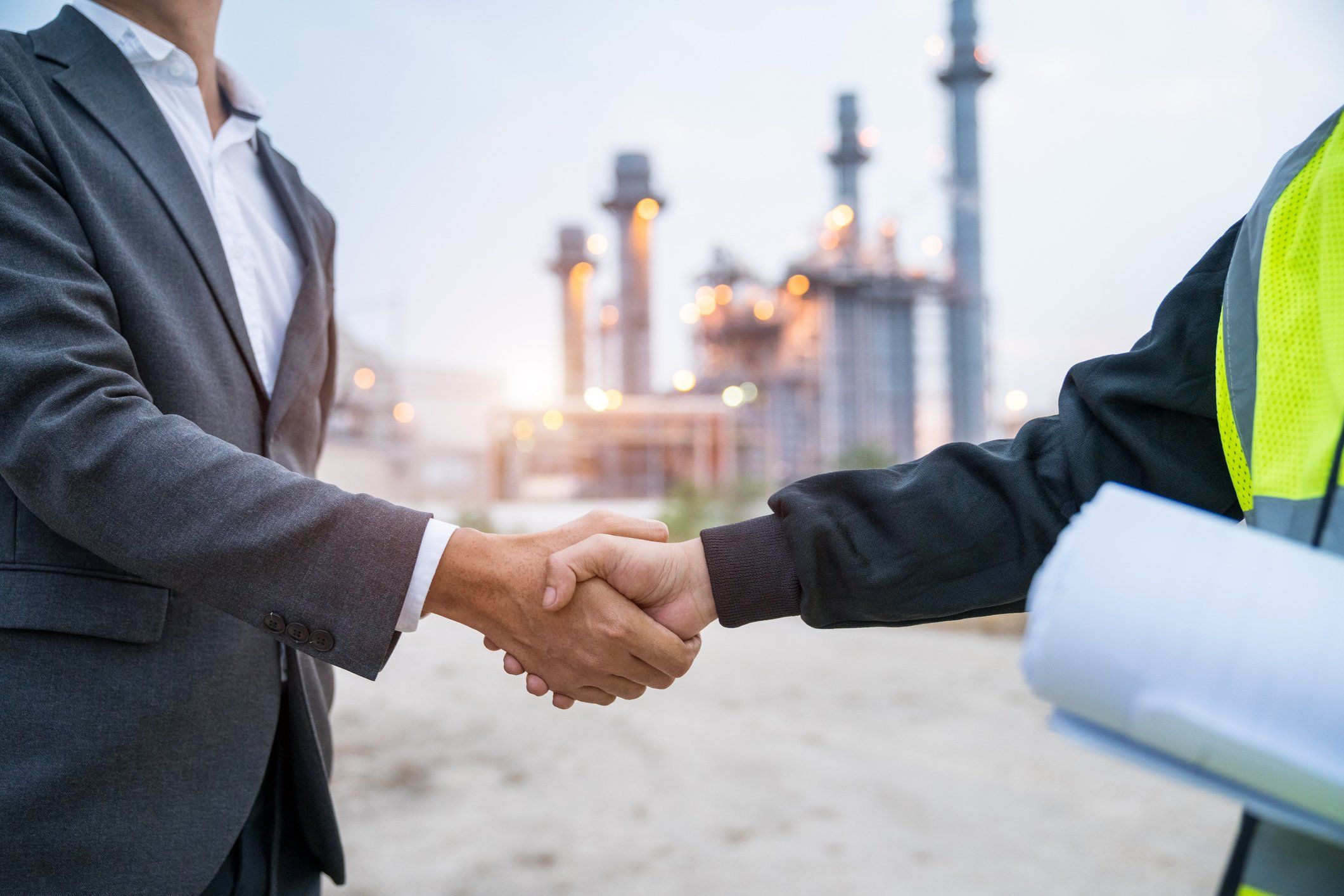eyes on e-ng
Houston-area energy companies team up for initiative to produce electric natural gas

Seven energy companies are partnering to produce electric natural gas, a synthetic natural gas produced by combining renewable hydrogen and recycled CO2. Photo via Getty Images
More than half-a-dozen energy companies — most with a significant presence in Houston — have signed up as founding members of a coalition focusing on the production of electric natural gas.
Founders of the e-NG Coalition are:
- Engie, whose North American headquarters is in Houston
- Mitsubishi, which operates a branch office in Houston
- Osaka Gas, whose U.S. headquarters is in Houston
- Sempra Infrastructure, which operates its Center of Excellence in Houston
- TES (Tree Energy Solutions), whose U.S. headquarters is in Houston
- Tokyo Gas, whose U.S. headquarters is in Houston
- Toho Gas, a Japanese utility
- TotalEnergies, whose U.S. headquarters is in Houston
Electric natural gas, also known as e-NG or e-natural gas, is a synthetic natural gas produced by combining renewable hydrogen and recycled CO2.
“The founding members of the coalition believe e-NG can provide a meaningful contribution to the energy transition by accelerating the development of renewable hydrogen,” the coalition says in a news release. “With large industrial capabilities and investment potential, the founding members are committed to the development of e-natural gas projects globally.”
TES spearheaded establishment of the e-NG Coalition.
“Collaboration is paramount to scaling up sustainable energy solutions and driving the energy transition forward. TES took the initiative to sponsor the creation of the e-NG Coalition and work together with leading industrial players to accelerate the development of e-NG,” says Marco Alverà, co-founder and CEO of TES.
Last September, Sempra Industries announced it had teamed up with four Japanese companies — Mitsubishi, Osaka Gas, Toho Gas, and Tokyo Gas — to explore building an e-natural gas project along the Gulf Coast.
The proposed project would generate 130,000 metric tons of e-natural gas per year. The gas would liquified at a terminal in Louisiana and then exported to Japan.
In a news release, the Japanese partners said they envisioned developing “the world’s first large-scale production and international supply chain of e-natural gas.”